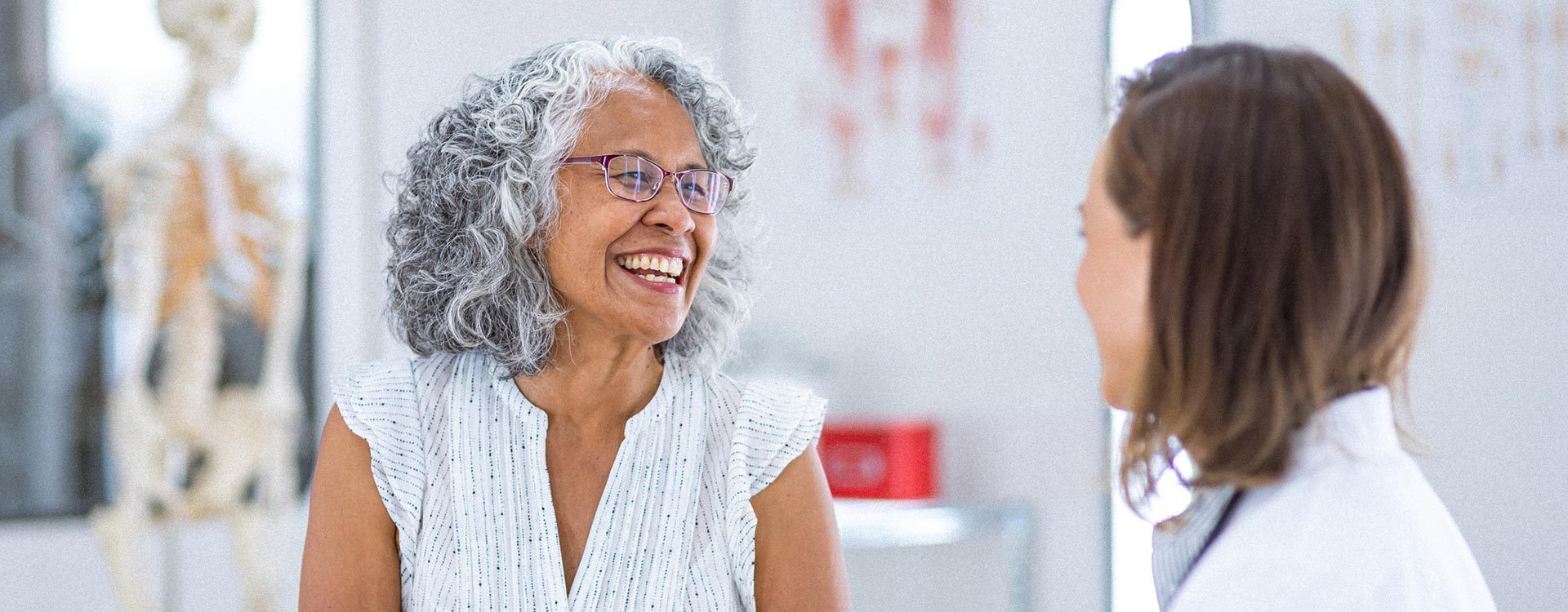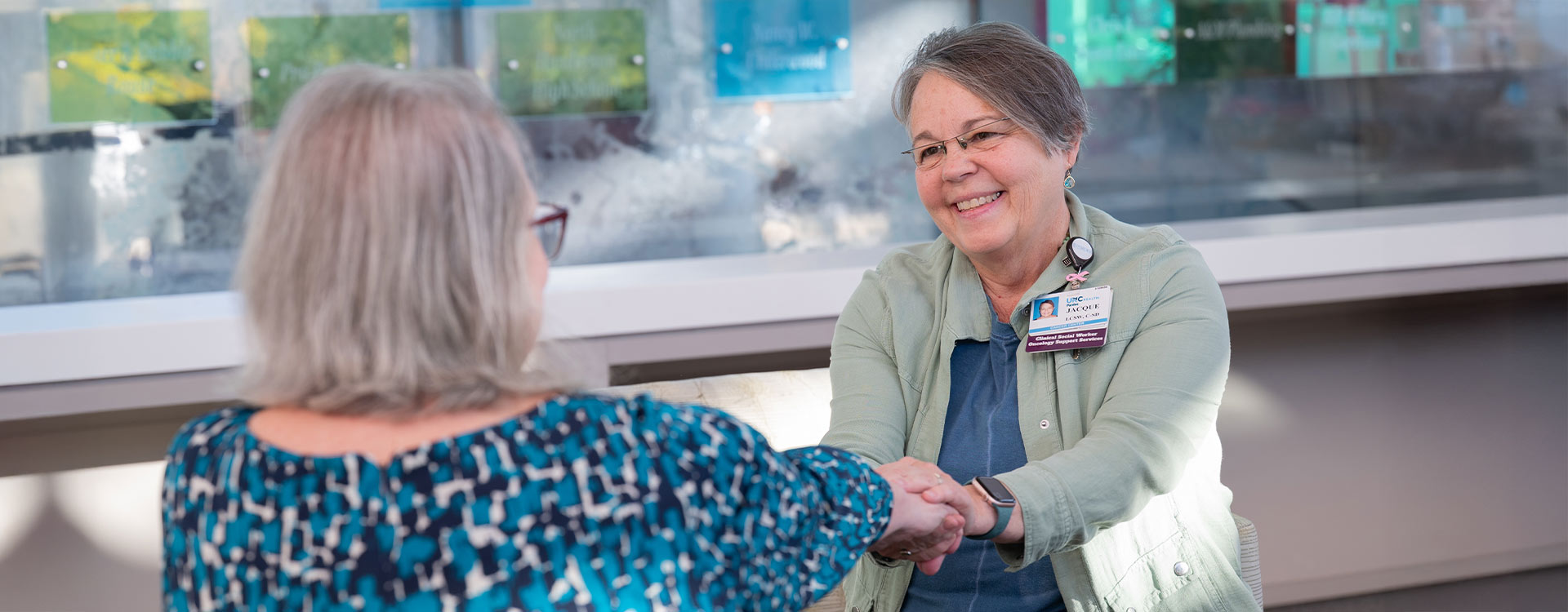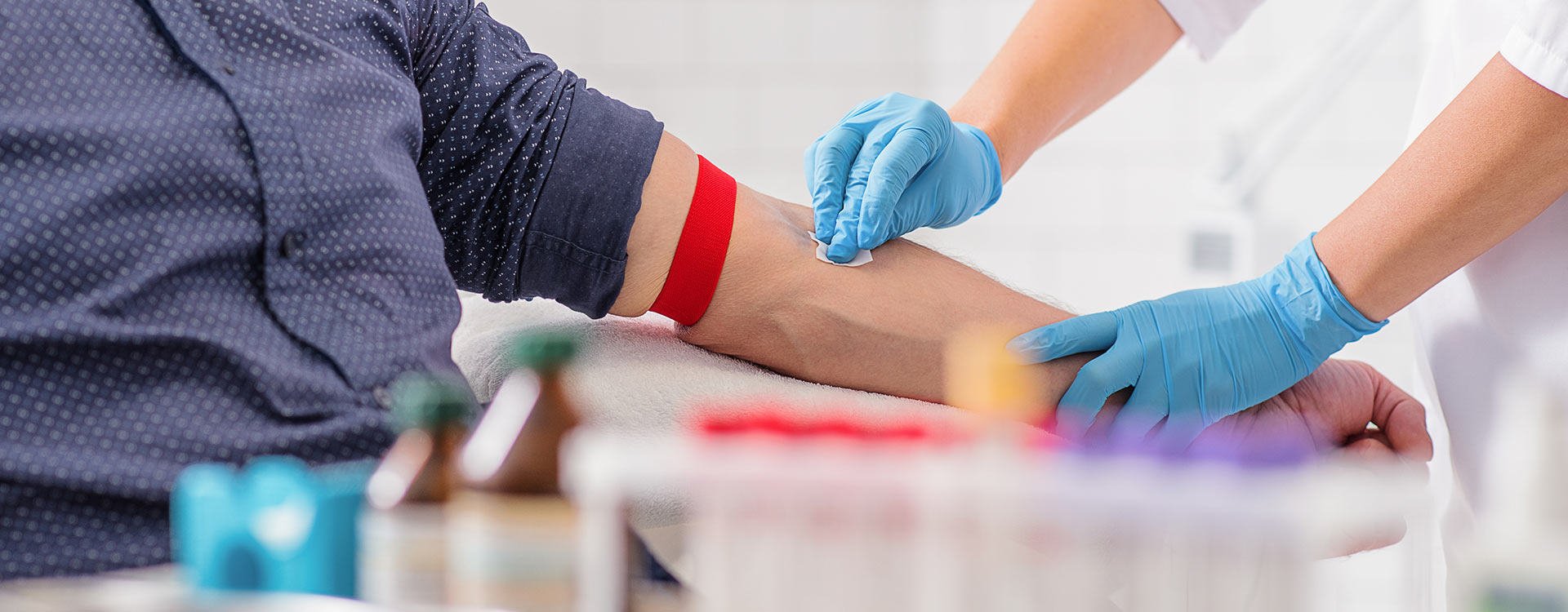Preventive care helps your health care provider prevent or detect diseases or medical problems before they become more serious. Also called routine care, preventive care includes your annual physical or check-up, age-appropriate screenings and tests, and immunizations, like the flu shot.
Getting regular preventive care can significantly reduce your risk of disabilities, serious illness or early death. Most insurance providers cover preventive care services, so depending on your insurance plan, these services may be free.
Annual check-up
Also called a wellness visit or annual physical, during this visit, your health care provider will do a physical exam and talk to you about your physical and mental health. This is a great time to bring up any health concerns you have, whether you’re experiencing a minor but chronic symptom, want to lose weight or don’t feel quite like yourself.
That said, if you have any symptoms that are bothering you and your yearly check-up is months away, please contact your medical provider. Some issues can’t wait.
Well-woman appointment
Well-woman appointments are also included as a preventive care service. This visit can be with your primary care provider or gynecologist. It can include a pelvic exam, clinical breast exam, Pap test, HPV test and discussion about family planning or birth control.
Immunizations
During your yearly check-up, talk to your provider about immunizations or boosters for diseases like tetanus, pertussis, chickenpox, hepatitis A and B, measles, mumps, rubella and polio.
The immunization you need every year is the flu shot. While the flu shot doesn’t prevent all strains of the flu, if you do get the flu, it can help lessen the severity of symptoms and reduce your risk of hospitalization.
Mammograms
Most women need to begin yearly mammograms at age 40, though the guidelines can vary. Talk to your primary care provider about when you should start mammograms based on your health and family history.
Colonoscopies
It is generally recommended that men and women get their first colonoscopy at age 50. After that, you’ll need one once every 10 years, unless your provider recommends otherwise.
Getting a colonoscopy can save your life. This screening can allow your physician to identify and remove precancerous polyps in the colon before they develop into cancer.
Mental health
Depression screenings are part of preventive care. Millions of Americans experience depression. Symptoms include feeling down or sad for more than a few days. Depression is treatable and your provider can help determine the right treatment plan for you.
Primary care providers can also assess for alcohol misuse and provide counseling if needed.
Fall prevention
If you are an older adult or have a neurological condition, you may be at higher risk for falls. Your provider can assess your fall risk and provide recommendations, such as changing your medications, exercising more, home safety education or referring you to physical therapy.
Cardiovascular health
Preventive care also includes your heart health, so your provider will likely check your cholesterol and blood pressure. He or she may also screen you for type 2 diabetes if you are overweight or obese and over the age of 40.
Tobacco use and lung cancer screenings
Tobacco use screenings and methods to help you quit are also part of preventive care.
Adults ages 55 to 80 at high risk for lung cancer may be eligible for lung cancer low-dose CT screenings. Talk to your provider if you’re a heavy smoker or have quit within the last 15 years.
Your health goals
A yearly check-up is also a good time to talk to your provider about your health goals. Do you want to lose weight, change your diet or start exercising? They can recommend safe, effective ways for you to reach your goals.
To learn more about preventive care services at Pardee, visit pardeehospital.org.





